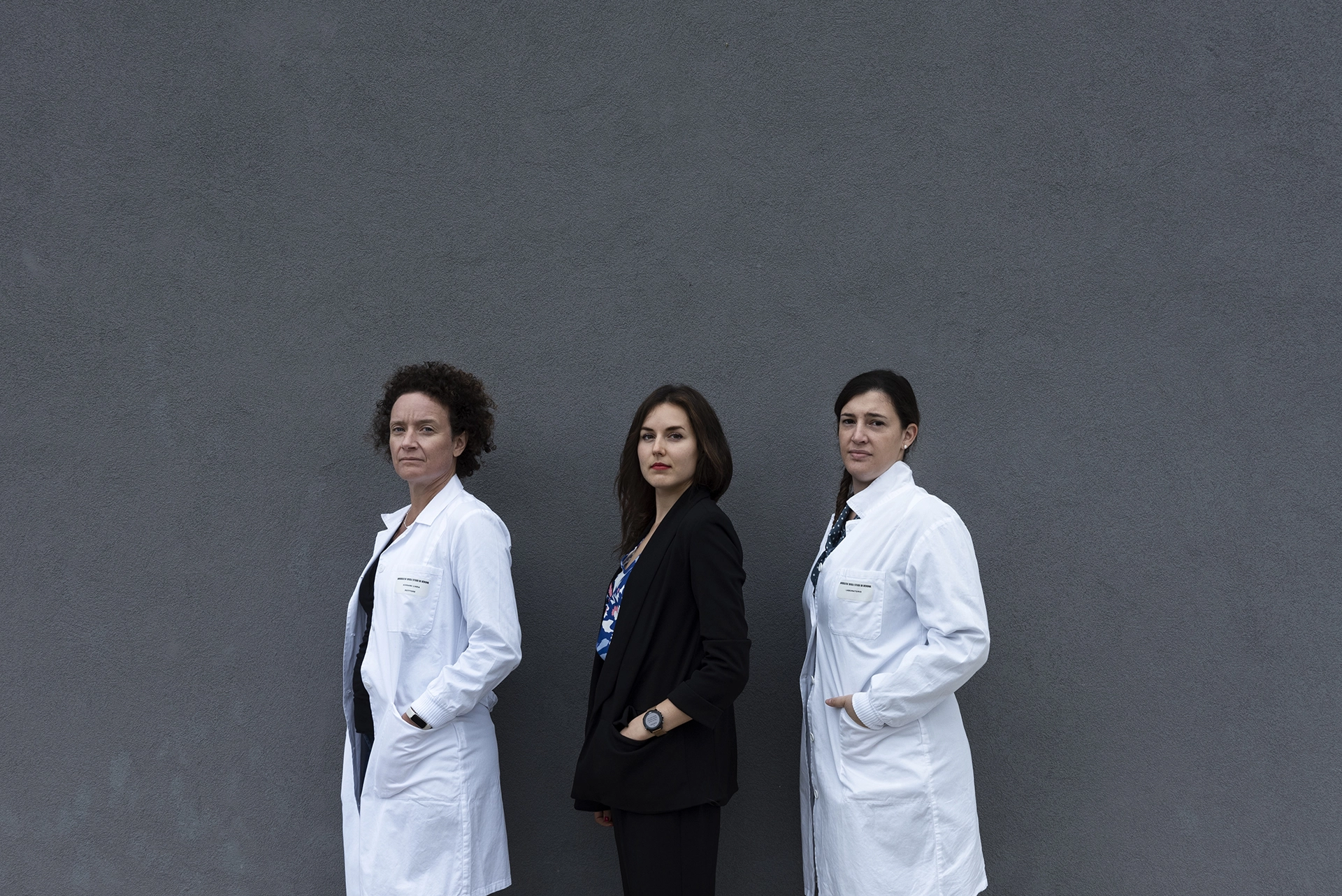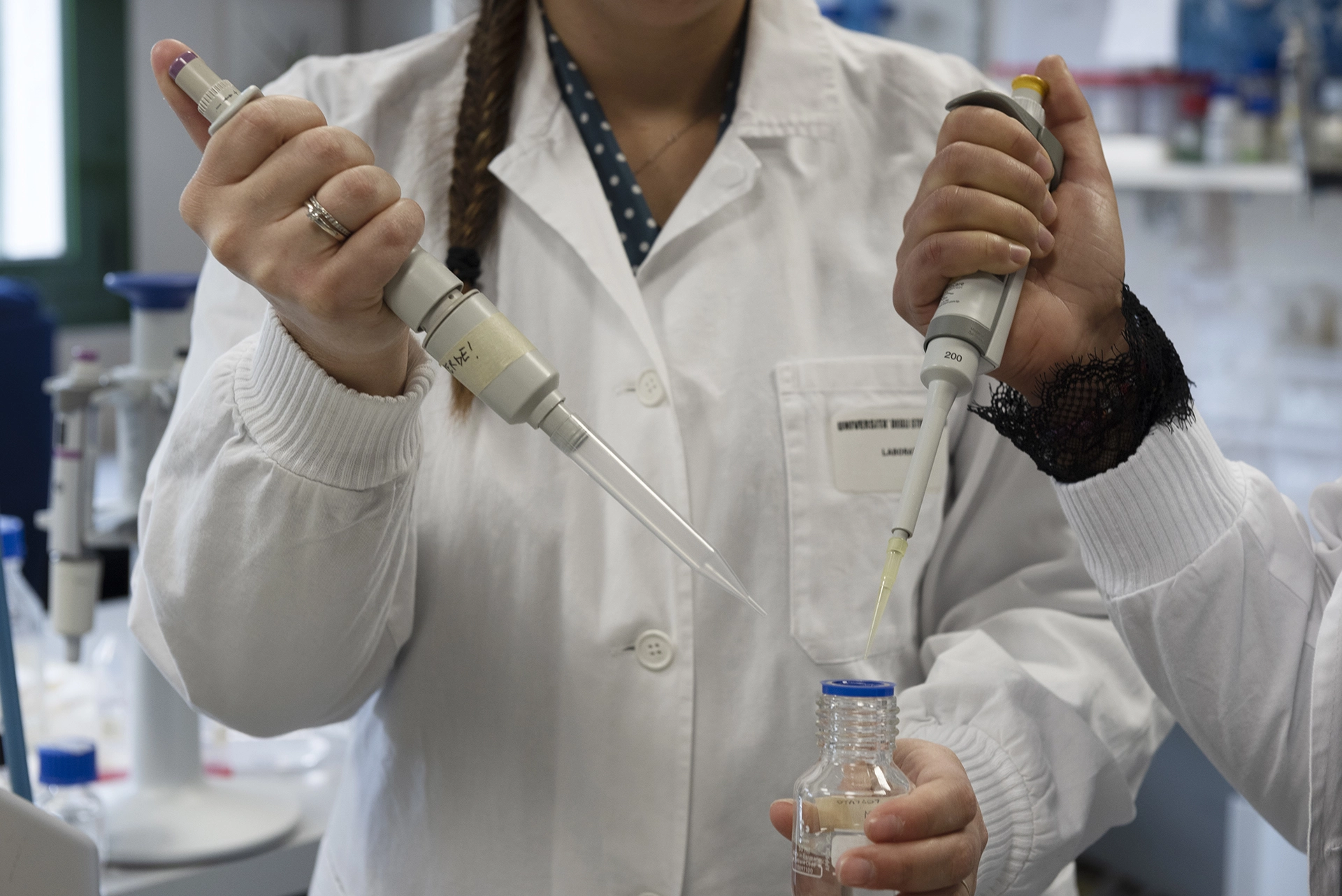https://www.lifegate.it/diamante-artrite-reumatoide
- |
- The treatment of autoimmune diseases is based on immunosuppressive drugs, with non-negligible adverse effects.
- The Diamante startup develops a plant-based therapeutic tool, capable of re-educating the immune system without repressing it.
- Aimed at patients with rheumatoid arthritis, the drug is safe for humans, efficient in reducing symptoms and sustainable.
- Thanks to its flexibility, the platform can also adapt to the management of other autoimmune diseases in the future.
The autoimmune diseases make up a complex and heterogeneous set of problems.However, the characterizing fulcrum is common:the body identifies its own components as foreign and attacks them, damaging itself.The tissues potentially affected are varied, as are the chronic symptoms that result.The exact causes of autoimmunity are unclear, while therapies aim to manage symptoms, not without important side effects.The objectives of the startups Diamond, which is located in the ecosystem LifeGate Way.With scientific expertise and determination, the team of this company develops an innovative and plant-based tool for the treatment of rheumatoid arthritis.The aspects to highlight concern both the production process adopted and the mechanism of action of what will be the drug.We talked about it with doctor Valentina Garonzi, CEO of Diamante.

“Molecular farming”:starting from plants to treat humans
What are the key points of the technology used? “The production process is based on a technology known as molecular farming, which involves the use of plants as natural bio-reactors.What we essentially do is identify a disease-specific protein fragment and insert it into the DNA of a plant virus, effectively obtaining a new molecule.Used to infect a specific plant, the virus in question will reproduce inside its leaves, which will then be collected and processed to re-extract the particles of interest.The plant, in fact, is the tool that allows us to produce our medicine", explains Valentina Garonzi.
A new drug that re-educates the immune system
The management of rheumatoid arthritis, as well as other autoimmune diseases, involves the use of immunosuppressive drugs.These repress the immune response, turning off the anomalous attack that the body carries out against its own tissues.However, immunosuppressants also act on general defensive capabilities, preventing the body from fighting external pathogens or even tumor cells.The continuous use of these drugs, therefore, correlates to the development of additional problems which, over time, are disabling.A few years after diagnosis, some people with rheumatoid arthritis are, in fact, considered disabled, despite taking all the required medications.
The approach proposed by the startup correlates with several positive aspects, starting from therapeutic effects and optimal preservation of immune defenses.Diamante offers a different therapeutic tool.“This is a new mechanism, because it is not based, like current treatments, on the general suppression of immune system, but on his re-education,” says Garonzi.“In the study phases, we demonstrated the drug's ability to induce immune tolerance towards the components that, in the disease, are mistakenly attacked.Our drug triggers a balancing and inflammation-reducing mechanism.In fact, there is a reduction in symptoms, in the context of an immune system that remains efficient."
Safety and sustainability:the advantages of technology
The available drugs are not free from adverse consequences.And not only that.Pharmaceutical production is a source of environmental pollution.More and more, they are necessary effective and less risky solutions for the patient, but also sustainable for the environment.
The substantial differences between the plant and animal world guarantee significant resources.Exploited in Diamante technology, these differences determine the safety of the proposed instrument. Why does Diamante technology make use of plant organisms? “The viruses of plant (used for the production of the drug) are not capable of infecting humans, so much so that, without realizing it, we can introduce them every day with normal nutrition and contact with the environment.This makes our drug safer,” explains the doctor.
“This is a sustainable process, as it is not based on the use of environmentally polluting chemical reagents.Furthermore, it is scalable, since, to increase production capacity, it is enough to produce more plants”, adds Garonzi.Therefore, there are also some advantages related to applied biotechnology respect for the environment and less problematic productivity, when compared to the production of conventional drugs.

The development phases of the drug for rheumatoid arthritis
The concrete availability of a new drug requires a precise experimentation process, starting from laboratory investigations, up to clinical studies on humans.“Through three pre-clinical studies, we demonstrated the effectiveness of the treatment in vivo, identifying the most correct administration method for humans and other variables of interest.At the moment, we are preparing for toxicology studies, aimed at confirming the safety of the drug in vivo (a step for which we believe we will not encounter any problems, given the harmlessness of the particles used).Once the toxicology studies have been completed, we will obtain approval to begin the clinical phase, and therefore a first study on humans", explains Dr. Garonzi.
The drug is currently aimed at the treatment of rheumatoid arthritis, but the field of application is potentially much broader. Predictions for the near future? “We are activating new lines of research for other pathologies, such as systemic lupus erythematosus and multiple sclerosis.The technology in use is in fact very flexible”, concludes Valentina Garonzi.Small steps, supported by study, ability and concreteness, therefore lead to great goals, functional to common health and sustainability.

